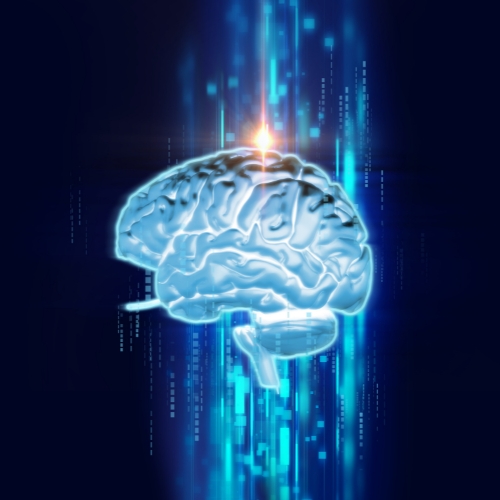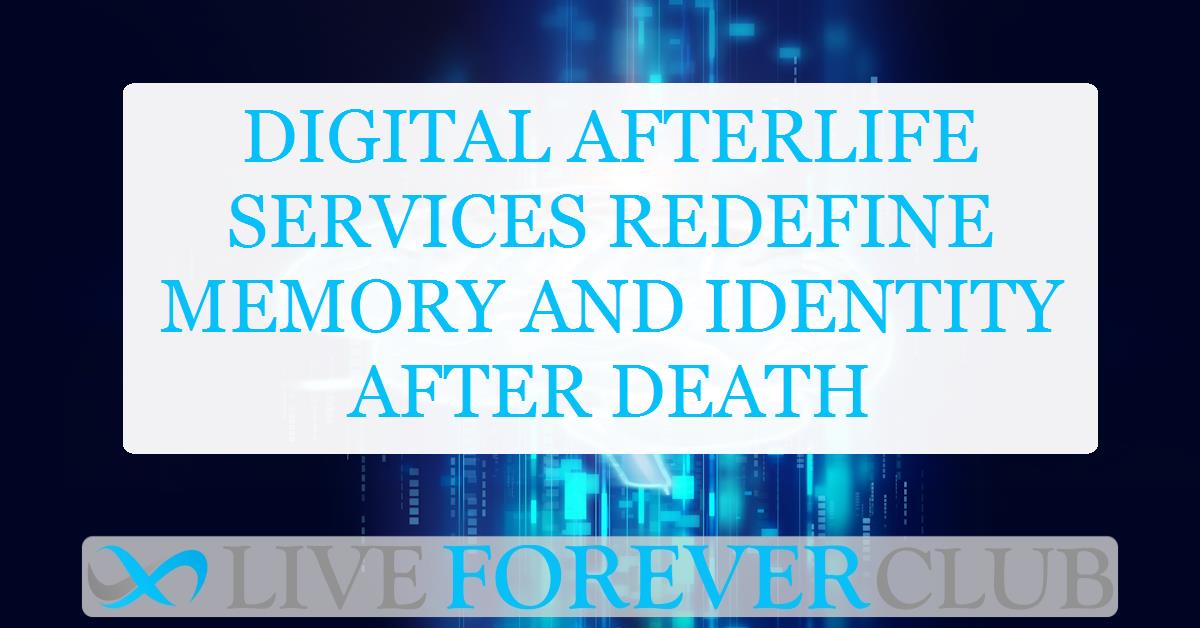Key points from article :
In today’s digital society, our online presence shapes our identity, blurring personal legacy and data. Our lives increasingly intertwine with technology, where our digital traces outlast us, raising profound questions about life after death. Imagine a digital afterlife, where AI recreates communication in our unique style—an echo of ourselves in virtual reality. This concept, eerily close to reality, confronts us with ethical concerns about privacy, memory, and control.
The Black Mirror episode “Be Right Back” captures our anxiety about digital legacy, exploring AI’s potential to mimic deceased loved ones. Here, technology mirrors our world and extends beyond simple remembrance to simulated interactions. Various platforms now experiment with posthumous messaging and recreations, transforming grief management. Companies leverage data to create digital personas, amassing users intrigued by AI’s potential to simulate life beyond death.
These services introduce ethical questions about memory, power, and ownership. Re-creation services could skew public perception, altering how we remember individuals or historical figures. Viktor Mayer-Schönberger, in Delete: The Virtue of Forgetting in the Digital Age, highlights the risks of unchecked digital memory, warning of future profiling and misuse of personal information.
Projects like the humanoid robot BINA48 by Terasem Movement Foundation bring this concept to life, constructing AI using data from a “mindfile” to simulate a person’s consciousness. While some view digital immortality as comforting, others raise concerns about identity, consent, and control. As society adapts, the idea of death itself might evolve. Could “you only live forever” replace “you only live once”?




